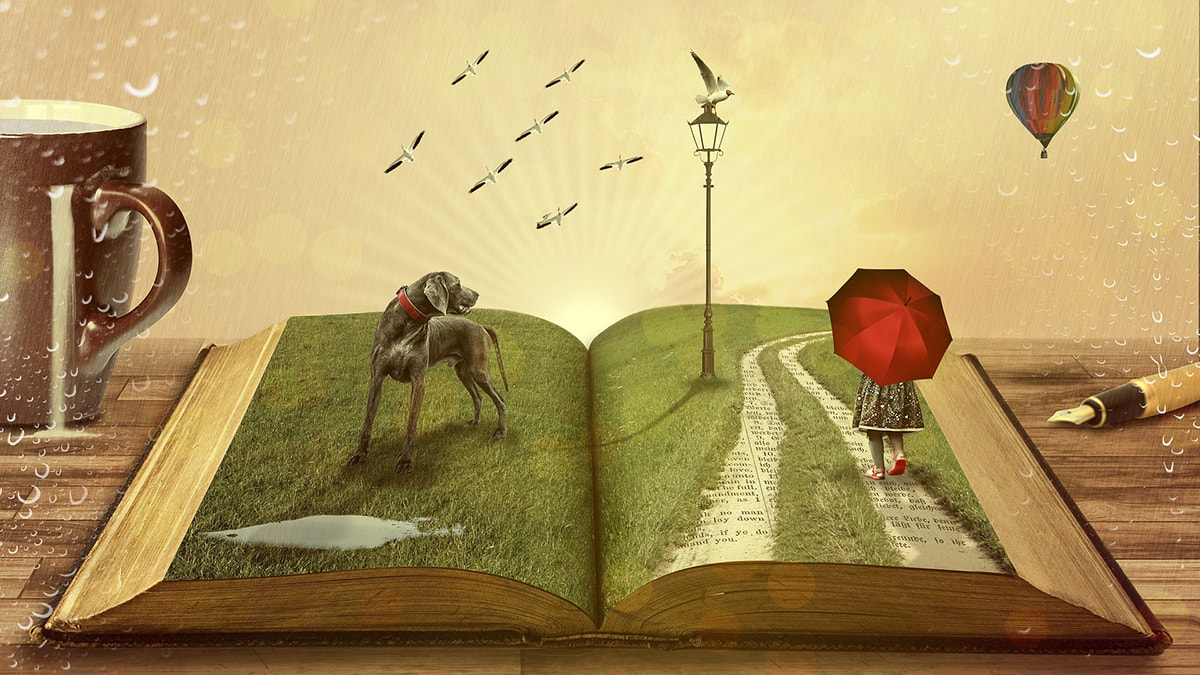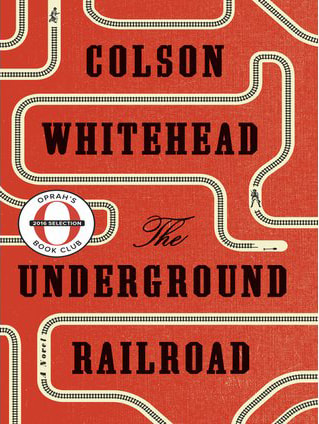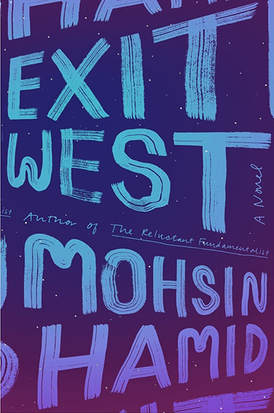A Case for Reading Fiction
Want to fight the onset of dementia? Pick up a good novel. Science also shows that reading literary fiction increases empathy and enhances the ability to see another perspective.
- by Carole McKellar
The most interesting research I’ve read is the work of psychologists Emanuele Castana and David Kidd published in the magazine “Science” in 2013. The researchers gave participants different reading assignments: excerpts from popular fiction, literary fiction, and nonfiction.
Popular fiction included mysteries, romances, and adventures. Literary fiction is difficult to define, but the test administrators chose works by award winning or canonical writers. After reading the texts, the subjects were given a test which judged their ability to understand the thoughts and feelings of others. In other words, would the participants demonstrate a greater capacity for empathy. The results indicated that the nonfiction and popular fiction readers did not score high on measures of empathy. The readers of literary fiction have a far greater ability to relate to the lives of others. According to researchers, readers of literary fiction must infer the feelings and thoughts of characters. That is, they must engage “Theory of Mind processes.” The authors define Theory of Mind as “the human capacity to comprehend that other people hold beliefs and desires and that these may differ from one's own beliefs and desires.” Popular fiction portrays predictable characters and situations which only reenforce the reader’s expectations. These results might surprise those who assume that nonfiction is the genre that would best promote understanding. The Common Core State Standards Initiative, a controversial education initiative in wide use throughout the United States, details what K-12 students should know in language arts and mathematics at the end of each grade. Common Core curriculum guides emphasize nonfiction and downplays the importance of fiction.
It is concerning to me that parents and educators consider fiction to be less important to a child’s literacy than nonfiction. The stories most meaningful to me as a child were all make-believe. Reading fiction helps children understand what others are thinking and feeling. Such understanding could better prepare children for the complex world we live in today.
This topic reminds me of a wonderful novel I read recently titled “Exit West” by Moshin Hamid. It tells the story of two young people, Saeed and Nadia, in an unnamed country torn apart by civil war. They are forced to flee their homeland, and they eventually make their way to the United States. The remarkable thing about this book is the way the author expresses the tragedy of exile and dislocation from family. It’s a heart-wrenching story of loss which gave me a deeper understanding of the plight of refugees. “The Underground Railroad” by Colson Whitehead comes to mind as well. It tells the story of Cora, a young runaway slave, who escapes on a railroad that runs through underground tunnels. The depiction of her journey is harrowing and kept me engaged. “The Underground Railroad” won both the Pulitzer Prize and the National Book Award. Both novels feature magical elements. In “Exit West,” people pass through doors to find themselves in another country. “The Underground Railroad” asks readers to accept the idea that trains ran through tunnels built in the South. Such plot devices did not diminish the strong depiction of complex characters in difficult situations. Their stories were different from my own life, and they challenged me to understand their experiences. The case for reading fiction is strong. Reduced stress, greater empathy, increased vocabulary, and more creativity are good reasons to pick up a novel and dive in. In the words of American novelist, Joyce Carol Oates: “Reading is the sole means by which we slip, involuntarily, often helplessly, into another’s skin, another’s voice, another’s soul.” Comments are closed.
|
Categories
All
Archives
July 2024
|
Shoofly Magazine Partners
Our Shoofly Partners are local businesses and organizations who share our mission to enrich community life in Bay St. Louis, Waveland, Diamondhead and Pass Christian. These are limited in number to maximize visibility. Email us now to become a Shoofly Partner!






























 RSS Feed
RSS Feed























